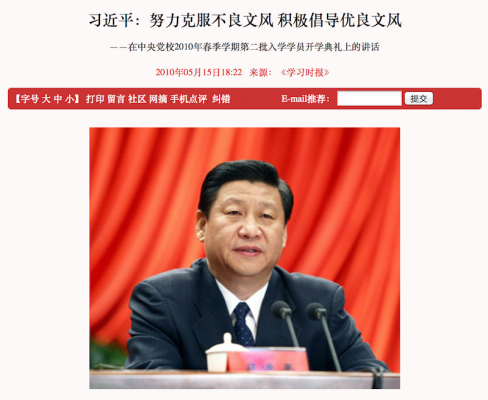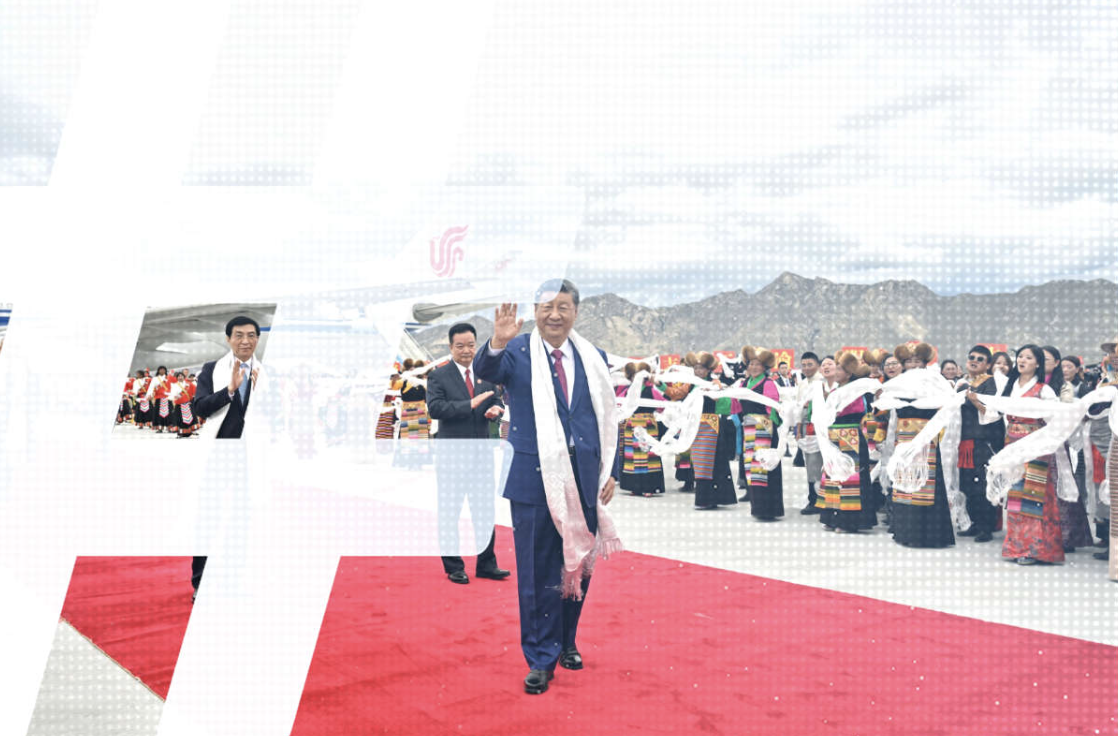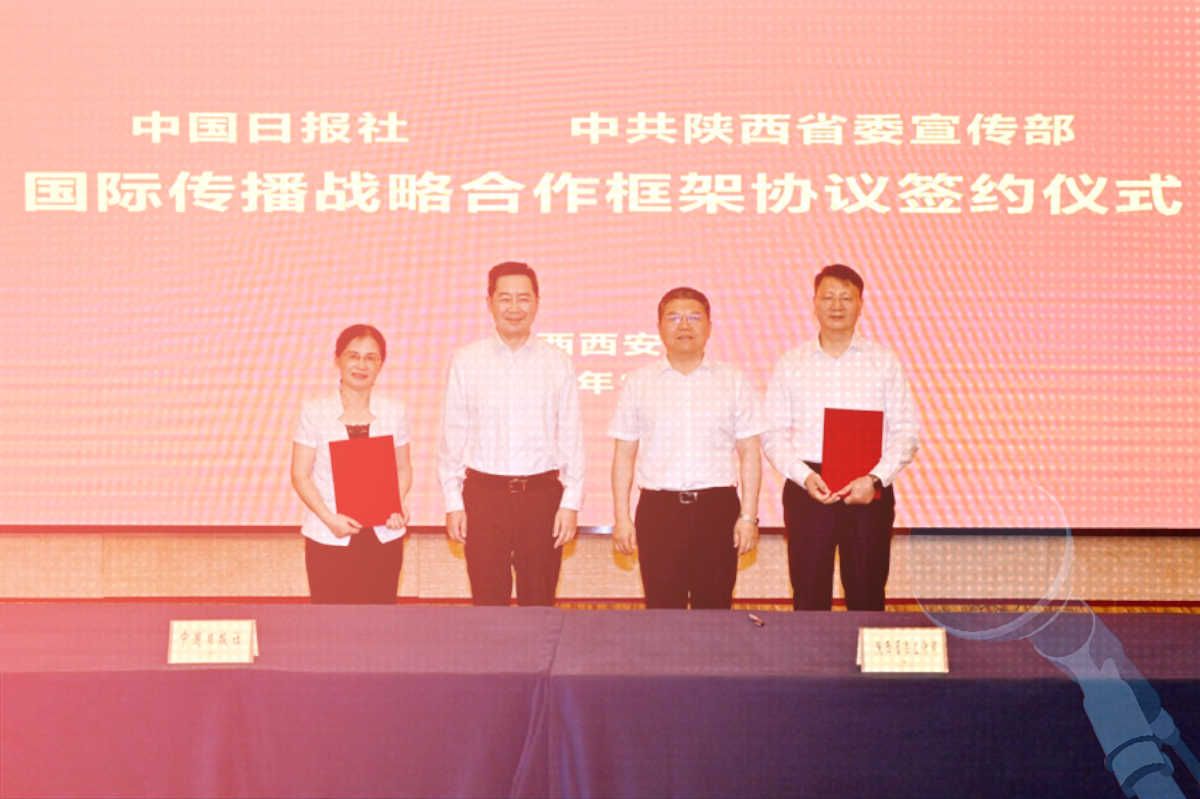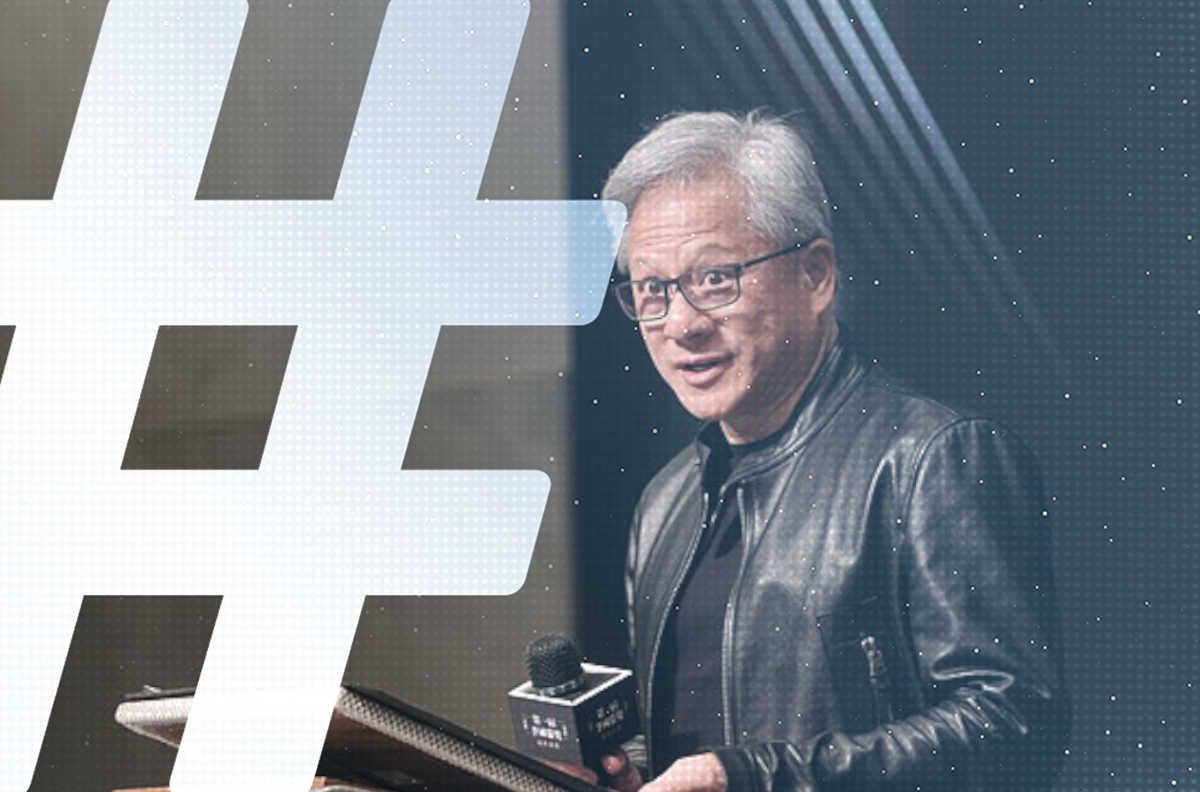Writing last week in Guangming Daily, the official mouthpiece of the Central Propaganda Department, propaganda chief Liu Qibao (刘奇葆) urged journalists to work toward the constant innovation of “style” (文风), finding ways to make the Chinese Communist Party’s policies and positions palatable to the country.
Chinese leaders have long been exercised with the question of how to bring Party agendas down to earth from the heights of fustian jargon.
In a 1942 essay called “Rectifying the Party’s Style (整顿党的作风), Mao Zedong said that while the Party’s policies and achievements were “correct and without problems,” there were serious issues with the “style” employed by leaders and intellectuals. There were still some areas, Mao wrote, where “our stylistic expressions are incorrect.” And this could be seen particularly, he said, in the “defect of the Party’s stereotyped writing style.” To put it simply, the issue was rigid bombast, the parroting of Party language as a formalistic exercise, without any thought to the real content of one’s utterances.
Grappling with “the Party’s stereotyped writing style,” or dangbagu (党八股), was the subject of another of Mao’s 1942 speeches in Yan’an that was published as a special volume, Opposing the Party’s Stereotyped Writing Style.
Even in those early days before the founding of the People’s Republic of China, Mao Zedong wanted to eliminate the scourge of formalistic Party style, ushering in a more lively form of expression. The dream lives on.
Deng Xiaoping too advocated for “shorter utterances, truer utterances and fresher utterances” (讲短话、讲实话、讲新话). Hu Jintao, who in 2002 advanced the media policy of the Three Closenesses (三贴近), the idea that media styles should be more direct and relevant to audiences, talked in 2007 about the need to “improve study styles and writing styles, simplifying documents at work conferences.”

In May 2010, two and a half years before he became General Secretary of the Chinese Communist Party, Xi Jinping gave a speech at the Central Party School in which he said: “Writing style is no small matter. Comrade Mao Zedong once said that, ‘styles of study and styles of writing are expressions of Party style.’ Party style determines writing style, and writing style is an expression of Party style. From the state of writing style the people can determine the Party’s work style and evaluate the image of the Party — and from this observe the situation with respect to the Party’s realization of its goals.”
That’s quite a mouthful. Perhaps what Xi Jinping was trying to say is: How we express ourselves as a Party affects how the people understand us.
Liu Qibao’s most recent contribution to this growing corpus of writing about the Party’s style is suitably titled, “The Reform of Style, Ever on the Road.” It begins by parroting (plagiarizing?) Xi Jinping’s 2010 remark: “Writing style is no small matter.”
The following is just a taste of the abstruse jargon Party leaders employ to talk about the need to rid themselves of jargon.
The Reform of Style, Ever on the Road
改文风永远在路上
March 3, 2017 / Guangming Daily
Liu Qibao (刘奇葆)
Writing style is not small matter. Behind writing style are ideas, and writing style is an expression of Party style. From the state of writing style the people can determine the Party’s work style. It can be said that writing style concerns the image of the Party, the Party’s relationship to the people, and concerns the development of [the Party’s] work. General Secretary Xi Jinping places great priority on the question of writing styles, pointing out the we are always on the road of advancement of writing styles, and emphasizing that words must have substance and we must oppose the ‘long, empty and fake’ while promoting the ‘short, real and fresh.’” At the Party’s news and public opinion forum, General Secretary Xi Jinping emphasized particularly the need to rectify work and writing styles, and he pointed out that good news report must rely on good work style and writing styles. We must abide by the spirit of Xi Jinping’s important speech to further advance the urgent mission and responsibility of transforming work styles and rectifying writing styles.
The News Frontline Must Adhere to the Rectification of Writing Style
The news frontline (新闻战线) are the advance soldiers in the rectification of writing style, and they have an important responsibility on the question of rectifying writing styles. [NOTE: “News frontline” here refers to Chinese journalists]. News reports with favorable writing styles can raise the attractiveness, appeal and accessibility of the Party’s theories, political line and policies, and they can promote good writing styles and practices among Party members. Since the 18th Party Congress, the news media has worked hard to advance writing styles, and has achieved clear results . . . But we must recognize that the news media has a long road ahead in the rectification of work styles, and to varying extents old expressions still persist, pretty but empty words are prevalent, and rigidly conventional expressions are common . . .




















